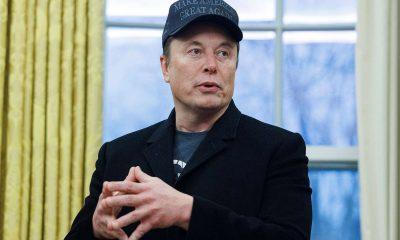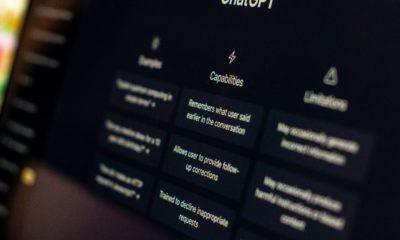A telling exchange on a recent tech podcast stopped me cold. Brad Gerstner, a major OpenAI investor, questioned the astronomical valuation of Sam Altman’s company. Altman’s dismissive reply was pure Silicon Valley bravado. But it was Microsoft CEO Satya Nadella who dropped the real bombshell, almost as an aside.
He revealed a stunning truth: Microsoft has warehouses full of the most advanced NVIDIA chips, the very engines of the AI revolution, sitting in the dark. They can’t be turned on. The problem isn’t money, technology, or ambition. It’s something far more fundamental: there isn’t enough electrical power to plug them in.
In that moment, the entire global AI race pivoted. And for Africa, a door many thought was closed suddenly swung wide open.
The Bottleneck Has Moved, and Africa is Holding the Key
For years, the narrative was that Africa was behind in the tech race, playing a desperate game of catch-up. We lacked the infrastructure, the venture capital, the sheer compute density of a Silicon Valley.
But what if our perceived greatest weaknessour underdeveloped energy gridis about to become our most formidable strength?
The global AI bottleneck is no longer the chips themselves. As one commentator astutely noted, you can order 100,000 GPUs and have them delivered in six months. You cannot magically summon 500 megawatts of new, reliable power in the same timeframe. The competitive moat is no longer just code; it’s kilowatts.
And Africa is sitting on a goldmine of them.
The Geothermal Gambit: Building from Scratch
This isn’t just theoretical. The conversation crystallized for me when I spoke with Ian Wambai, founder of the Africa Compute Fund. He cut his teeth in fintech, and his perspective is grounded, not starry-eyed.
His argument is compelling. “One of the huge benefits of there not being already a hyperscaler existence on the continent,” he explained, “is it means we can do it from scratch.”
He pointed to East Africa’s vast, untapped geothermal resources along the Rift System. This isn’t speculative; the International Renewable Energy Agency confirms hundreds of megawatts of potential, just waiting to be harnessed.
This vision looked prescient when, in May 2024, Microsoft and the UAE’s G42 announced a landmark $1 billion investment to build a geothermal-powered data centre in Kenya’s Olkaria region. The plan is to tap 100 megawatts of clean power, scalable to a staggering 1 gigawatt. Google, not to be outdone, launched its own cloud region in Johannesburg.
The land grab, as they say, is officially on.
The Sovereignty Question: A Fork in the Road
But this influx of foreign capital presents a critical question for Africa’s tech future: are we building partners, or are we creating dependencies?
Wambai’s vision offers an alternative. He emphasises “carrier neutrality”building infrastructure that isn’t locked into a single ecosystem like Azure or AWS. He asks a pointed question that every tech minister on the continent should be considering: “The important thing is, who’s the person who owns the equity that owns the GPUs?”
Microsoft’s Kenyan facility will run on Azure. Other major deployments are tightly woven into NVIDIA’s vertical stack. The risk is that first-mover advantages in securing power and space could create a new form of digital colonialism if we’re not careful.
A Different Path: The Efficiency Narrative
There’s another reason for hope, and it comes from an unexpected place: China. The company DeepSeek recently demonstrated that it’s possible to achieve comparable AI results using just a fraction of the resources consumed by Western models.
This is the ultimate counter-narrative. If resource constraints can breed radical innovation in China, why not in Africa?
We don’t need to replicate the energy-guzzling excess of Silicon Valley to build what matters. The most immediate and valuable AI applications for the continentfraud detection for our booming fintech scene, customer care automation in local languages, educational tools tailored to our curriculadon’t require world-ending artificial general intelligence. They require affordable, low-latency compute and models trained on our own rich, diverse data.
The Window is Open, But For How Long?
The challenges, of course, are Herculean. The policy coordination needed across borders would be a feat for any continent, let alone one with our complexities. The shadow of our struggles with state-owned power utilities looms large, a cautionary tale of infrastructure promises unmet.
Yet, the pieces are on the board. The bottleneck has moved to power, a domain where Africa holds a strong, untapped hand. The hyperscalers have seen the future, and it’s powered by geothermal heat and African sun.
The race is no longer about who has the smartest algorithm, but who can plug it in. For the first time in a long time, Africa isn’t just a player in someone else’s game. We are the board. The question is whether we have the will and the unity to play our hand.
The window is open. But as we know all too well, windows don’t stay open forever.


























